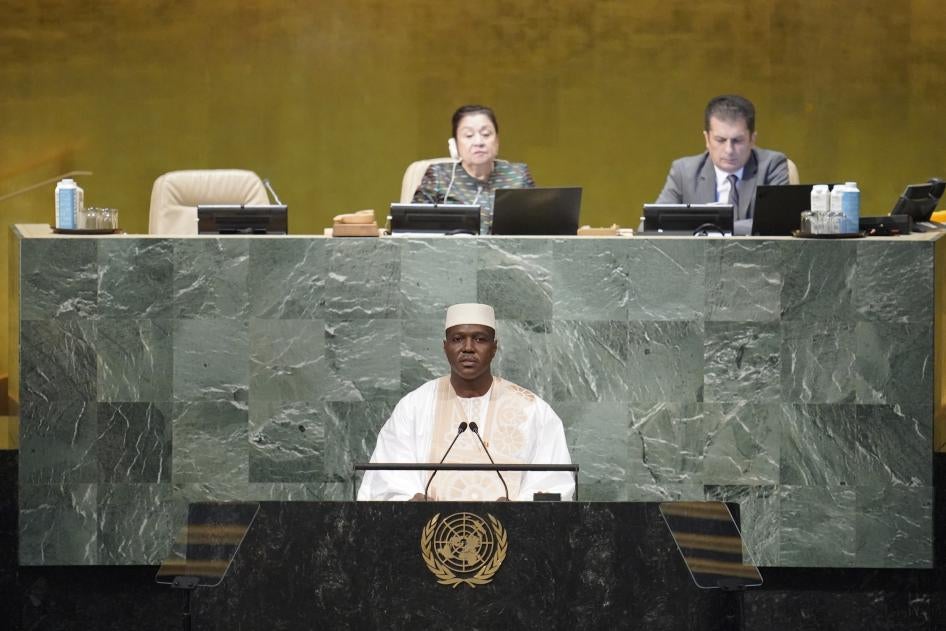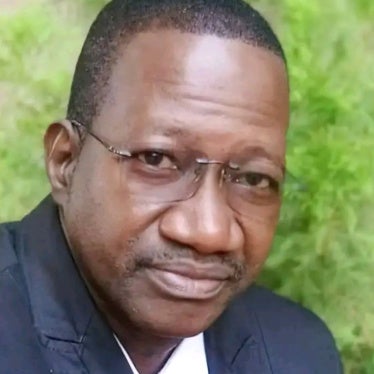In Mali, media professionals are facing harassment and intimidation over their real or perceived criticism of the transitional government.
On November 3, Mali’s High Communication Authority (Haute autorité de la communication) suspended a Malian news channel, Joliba TV News, citing “serious and repeated breaches and violations of the substantive provisions of the code of ethics for journalists.”
The suspension came three weeks after the authorities issued the channel a formal notice for airing an opinion segment that officials said broadcast “defamatory statements” against the authorities. In the show, aired on September 30, journalist Mohamed Alidou Attaher said free expression is in danger in Mali. He also criticized Interim Prime Minister Abdoulaye Maïga’s speech at the United Nations General Assembly.
In another instance, on November 4 and 5, three armed men in plain clothes, believed to be government security agents, showed up at the home of journalist Malick Konaté. Konaté, who was not home at the time, has received death threats since the October 31 release of a BFMTV documentary on the presence of the Wagner Group, a private military security company with apparent links to the Russian government, in Mali.
Malian authorities, which are fighting armed Islamist groups across the country but particularly in the northeast, have denied Wagner’s presence in the country.
Viewers accused Konaté of treason because he helped make the documentary, which showed survivors of a massacre, committed by Malian security forces and foreign forces believed to be with Wagner, which left 300 dead in the town of Moura. Human Rights Watch and others have documented this massacre and the presence of foreign fighters.
BMFTV said that Konaté only conducted interviews for the documentary with members of the Yerewelo association, a group known for pro-Russian views and support for the transitional government.
Earlier this year, Human Rights Watch documented how Malian authorities detained and harassed real or perceived critics of the transitional government and cracked down on foreign media. Authorities expelled a Jeune Afrique reporter in February and suspended both Radio France Internationale and France 24 after both outlets reported on sensitive stories involving security force abuses.
The recent incidents show these violations against the media have not abated. Instead of repressing critics and harassing media professionals, Malian authorities should promote public dialogue and freedom of expression, essential to a credible transition to democracy.








